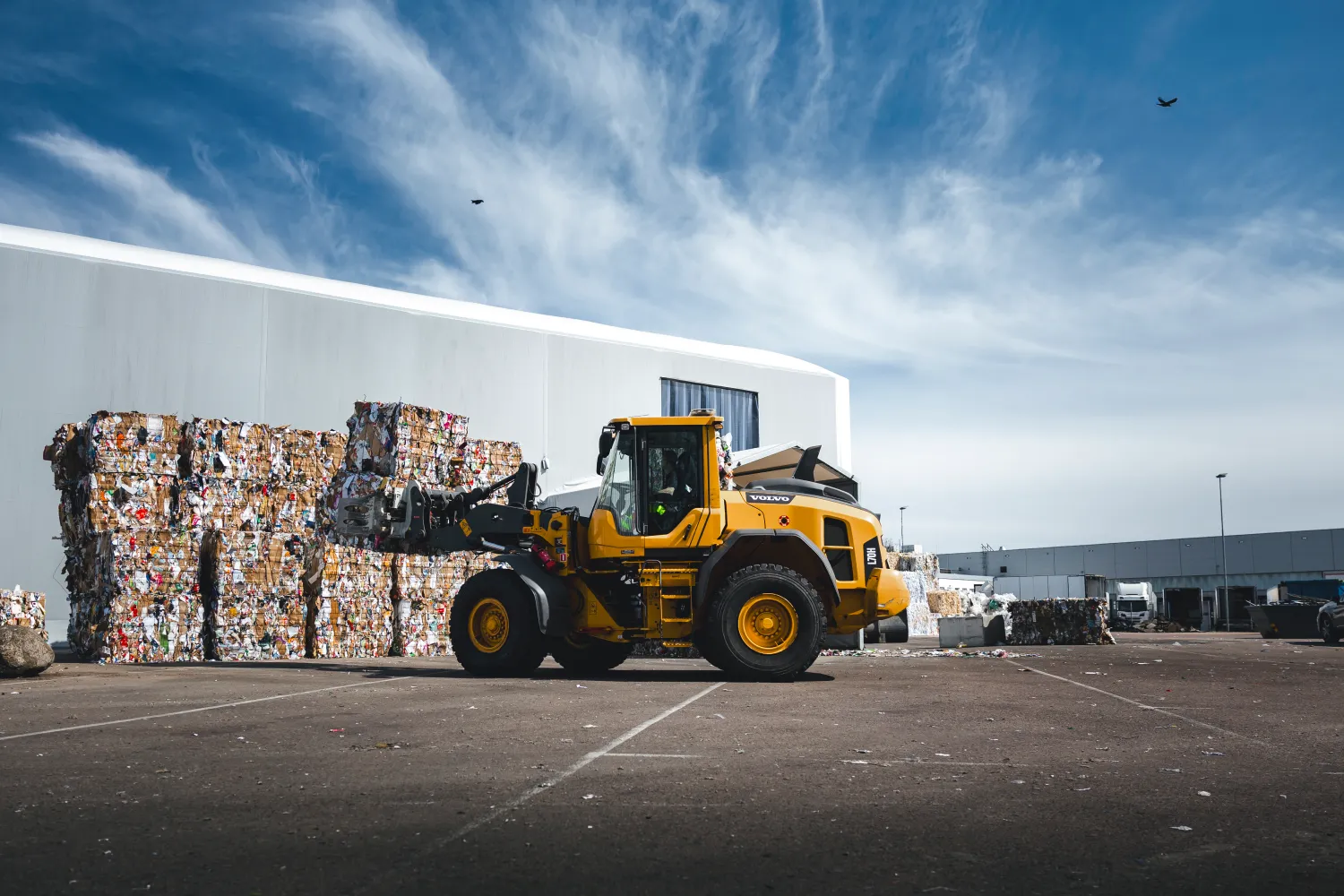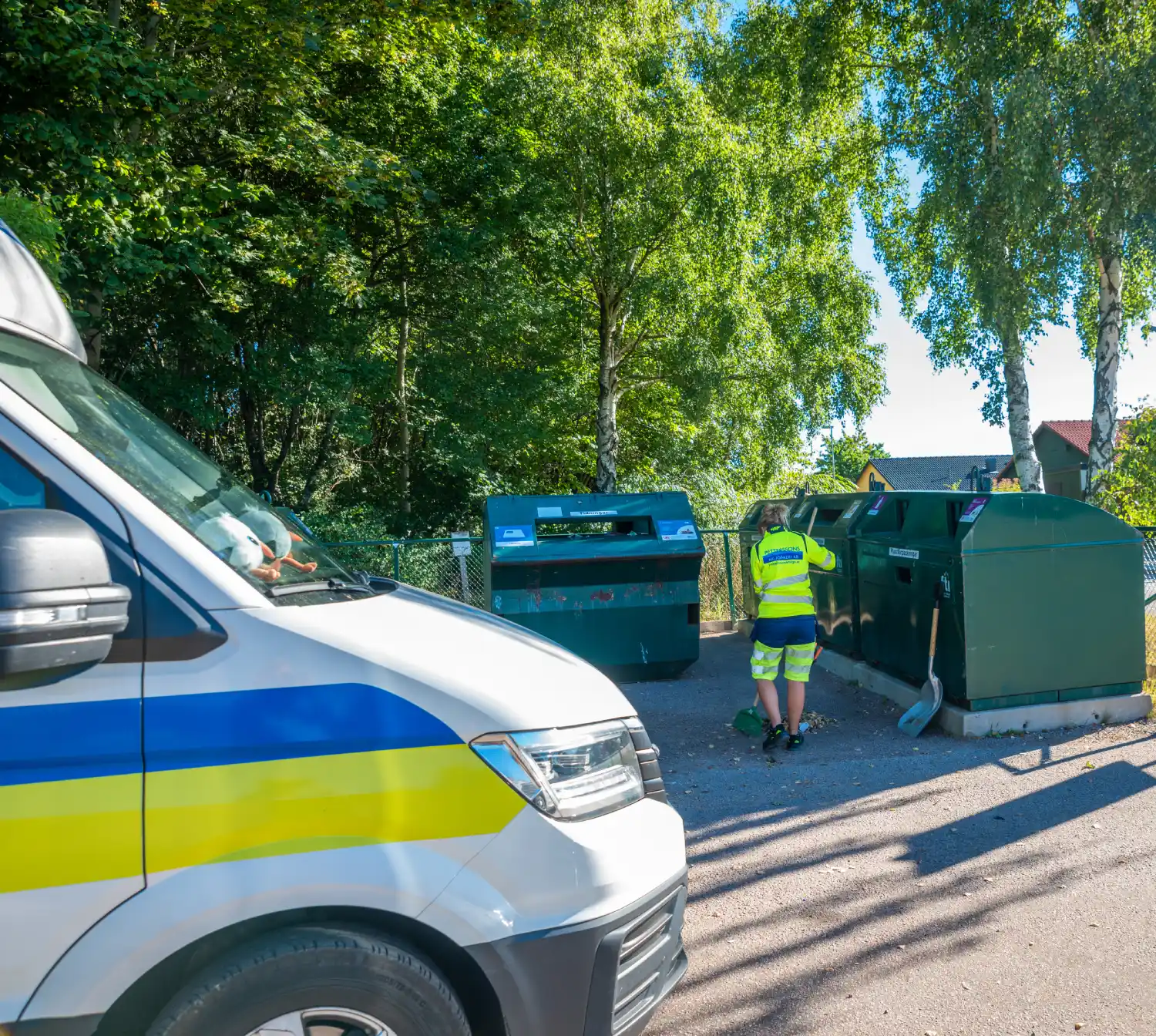Sweden's Waste Management System: Recycling with a Purpose
Sweden's Waste Management System: Recycling with a Purpose
Blog Article
Sweden is commonly regarded as one of the most eco-conscious nations in the world, and their recycling attempts are in the middle of this natural reputation. With a long history of sustainability techniques, Sweden has not only executed efficient Recycling (Återvinning) methods but additionally fostered a culture of environmental responsibility among its citizens. Today, recycling in Sweden isn't just a policy—it's a national priority, embraced by persons, businesses, and the government alike.
Extraordinary Recycling Prices
Sweden's commitment to recycling is apparent in their impressive statistics. The country recycles almost 99% of its house spend, making it a global chief in spend management. Swedish people sell report, parts, metals, and glass with outstanding consistency, helped by an extensive and well-organized waste variety system. Regional authorities make certain that recycling bins are easily based, rendering it easy for Swedes to participate in the process.

Waste-to-Energy Product
Along with standard recycling, Sweden has pioneered an innovative waste-to-energy (WTE) model. Rather than landfilling or incinerating waste with hazardous emissions, the country changes a significant part of its extra waste into energy. Around 50% of Sweden's waste is used to create electricity and heating, adding to the country's renewable energy goals. This technique reduces landfill use, reduces carbon emissions, and turns waste in to a valuable resource.
Expanded Maker Duty
One important factor in Sweden's recycling success is the adoption of Lengthy Maker Obligation (EPR). Under this method, producers are required to take duty for the lifecycle of their products and services, including the recycling of packaging and end-of-life items. This legislation has led to a decline in appearance waste and an increase in sustainable solution design. Particularly, Sweden has made significant advances in lowering single-use plastic spend, with organizations moving toward biodegradable or recyclable alternatives.
Public Consciousness and Education
The Swedish government has additionally spent greatly in increasing community recognition about recycling. Educational campaigns have taught citizens about the environmental benefits of proper waste organizing and the significance of reducing consumption. Recycling is taught in colleges, and folks of all ages are prompted to participate in spend decrease initiatives. That widespread environmental consciousness has resulted in a community that requires delight in its natural recommendations, with recycling getting second nature to most Swedes.

To conclude, Sweden's commitment to recycling is a perfect example of how a nation may combine sustainability in to its primary guidelines and day-to-day practices. The country's extraordinary recycling prices, waste-to-energy product, and forward-thinking way of spend management function as a blueprint for different nations striving to reduce their environmental impact. With continued creativity and community wedding, Sweden is placed to keep at the front of worldwide recycling attempts, showing that eco-friendly practices are not just a trend—they're the future.
Report this page